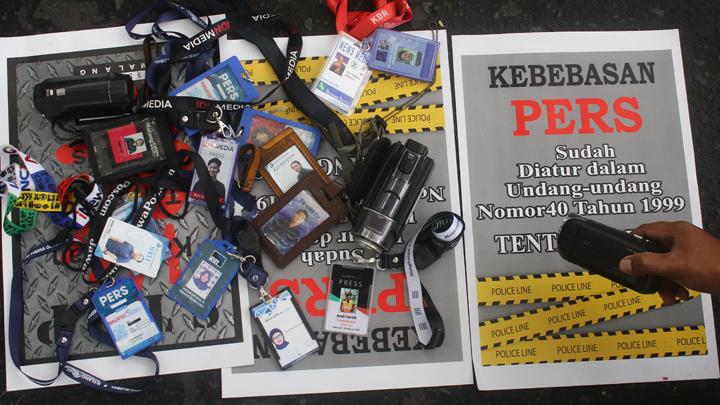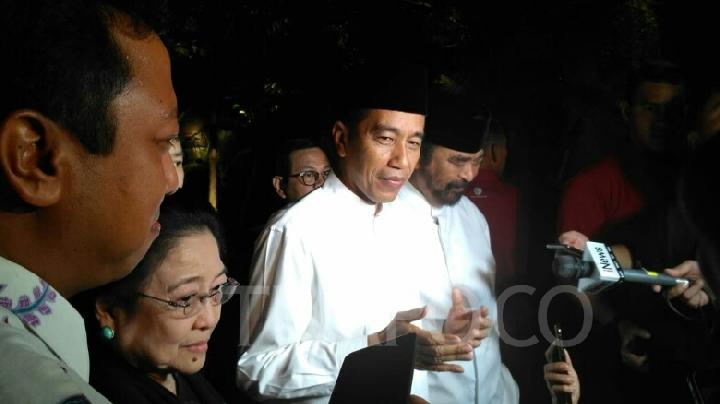
The commemoration of World Press Freedom Day's 20th anniversary on May 3 was held, interestingly enough, in the peaceful Central American republic of Costa Rica. It was in stark contrast to the central theme of the conference, which was violence faced by journalists around the world, the need for their safety and the issue of impunity. In many countries--including neighboring Honduras, which has the world's highest murder rate, Mexico and Columbia--journalists, editors, publishers and social media producers are harassed, attacked, detained and even murdered. Worst of all, an average of only one in 10 of these cases ever leads to a conviction.
Costa Rica, consistently ranked top among the Latin American countries for its High Development Index and first in 2009 and 2012 on the New Economics Foundation's Happy Planet Index, has for the past six decades enjoyed the sort of political stability that the countries around it can only dream of. The bloodiest armed uprising in its 20th century history--and the last--was a coup d'état in 1948 against the military rulers, during which 2,000 people died. The victorious rebels formed a government junta that abolished the military and oversaw the drafting of a new constitution by a democratically-elected assembly. Since the first democratic elections in 1953, Costa Rica has held 13 presidential polls, all of them widely regarded by the international community as peaceful and transparent.
Such an environment was evident during the conference in the capital city of San Jose, when President Laura Chinchilla Miranda – the country's first female president and an expert in justice and public security – presented the UNESCO/Guillermo Cano World Press Freedom Award, honoring a journalist or a media organization for defending and/or promoting press freedom, specifically in the face of danger.
President Chinchilla came without fanfare, her bodyguards a few discreet paces behind. Best of all, participants did not need to arrive two hours before the event for security reasons, or go through X-ray machines and have their bags and bodies searched. It was a rare event to savor for many participants from Africa, the central Asian republics and even some of us from certain parts of Asia, where violence and instability are part of daily life.
This year's winner of the UNESCO/Guillermo Cano World Press Freedom Prize went to Ethiopian journalist Reeyot Alemu, who is currently serving a five year prison sentence for her critical reporting on political and social issues, particularly the root causes of poverty and gender inequality. In 2010, she founded her own publishing house and a monthly magazine called Change, both of which were subsequently closed. She was arrested while working as a regular columnist for Feteh, a national weekly newspaper. Alemu was selected by an independent international jury of media professionals in recognition of her "exceptional courage, resistance and commitment to freedom of expression."
Created in 1997, the award is named after Guillermo Cano Isaza, a Columbian journalist who was assassinated in front of the offices of his Bogota newspaper, El Espectador, on December 17, 1986. Cano was a victim of drug trafficking mafias, whom he consistently and fearlessly denounced. On that fateful day, two hired killers waited for him by the newspaper's exit and fired eight shots that killed him. Cano's case exemplifies the price paid by journalists all over the world in pursuing their profession. They are attacked, threatened, imprisoned and, in extreme cases, killed. Most of the time, the crimes go unpunished.
Indonesia is one of those countries where attacks against journalists continue, and where a culture of impunity prevails. World Press Freedom Day was nationally commemorated by journalists and media organizations by recalling the case of Yogyakarta journalist Fuad Muhammad Syaffruddin, better known as Udin. Seventeen years ago, Udin, who was known to report on corruption and the questionable deeds of local government officials, was severely beaten up in front of his home and died three days later from his injuries, never regaining consciousness. His murderers have never been found. According to the Association of Independent Journalists, between December 2010 and 2011, about 50 cases of violence against journalists were reported throughout Indonesia, compared with 56 during the same period in 2012 and 10 in the first four months of this year.
Ten countries have appeared every year on the Impunity Index since it was established by the Committee to Protect Journalists in 2008. Nigeria and Somalia, where 12 journalists were killed, last year, are listed in this year's Index. Other countries include Brazil, Pakistan, the Philippines, Mexico, Afghanistan and Iraq, which remains the worst nation on the CPJ index with more than 90 unresolved murders. Only nations with five or more cases make the list.
YULI ISMARTONO























